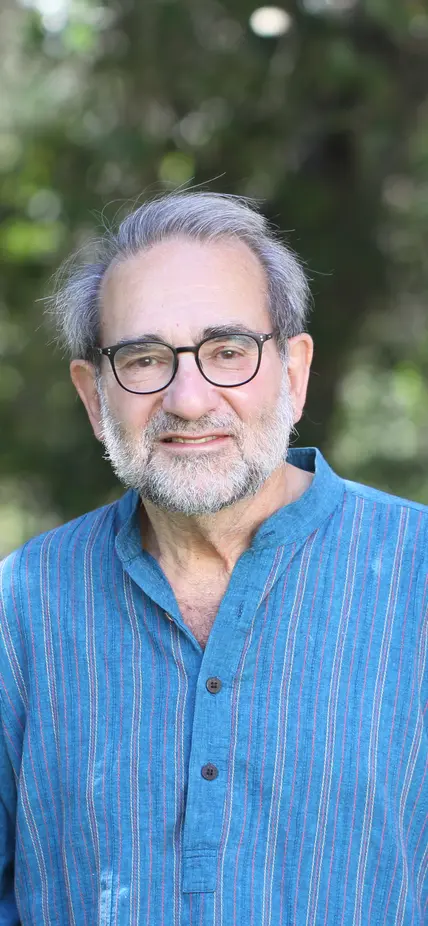Washington, D.C.— Carnegie Science’s Arthur Grossman was selected as one of 120 new members of the National Academy of Sciences in recognition of distinguished and continuing achievements in original research. This is one of the highest honors bestowed within the scientific community.
Grossman has been a Staff Scientist at Carnegie since 1982. His work has significantly advanced the understanding of the molecular mechanisms of photosynthesis and the evolution of the cellular organelle, called the chloroplast, where this crucial biochemical process occurs.
“Arthur is a plant scientist with broad expertise who has been driven by his deep curiosity about basic biological mechanisms which has led to many important discoveries,” said President Eric D. Isaacs. “His selection for the National Academy of Sciences is a fitting recognition for his contributions to the fields of plant biology, microbiology, ecology and algal genomics.”
Grossman’s research has ranged from plant biology to marine biology and from microbiology to genomics, advancing our understanding of photosynthetic organisms from a variety of perspectives often with exciting possible biotechnological applications.
He has deep expertise in large-scale algal genomics research, initiating the Chlamydomonas genome project and serving on the steering committee of the Porphyra umbilicalis genome project. And he has been a major advocate for algal research for several decades. He is also one of the four editors of the 3rd edition of the Chlamydomonas Sourcebook, a major resource for the scientific community.
Additionally, he is a forerunner in using the tools of molecular biology for marine conservation—a very hot research area—investigating the mechanisms of coral symbiosis and the causes of coral bleaching.
“Congratulations to Arthur on this well-deserved achievement,” said Stephanie Hampton, Deputy Director of Carnegie’s division for Biosphere Sciences and Engineering. “He is an exemplar of the Carnegie Science model of research, which empowers investigators to follow their curiosity where it leads and trailblaze new approaches to answering big questions about the natural world.”
Grossman is a recent recipient of the American Society of Plant Biologist’s Lawrence Bogorad Award for Excellence in Plant Biology Research. Previously, he has been honored with the Botanical Society of America’s Darbaker Prize and the National Academy of Sciences’ Gilbert Morgan Smith Medal.
He was the co-editor of the Journal of Phycology for a decade and has served on the editorial boards of many well-respected biological journals, including the Annual Review of Genetics, Plant Physiology, Eukaryotic Cell, Journal of Biological Chemistry, Molecular Plant, and Current Genetics, as well as on scientific advisory boards for both nonprofit and for profit research institutions and companies such as the Boyce Thompson Institute, Phoenix Bioinformatics, Exelixis, Martek Biosciences, Solazyme/TerraVia, GEM, Checkerspot, and Phycoil.
